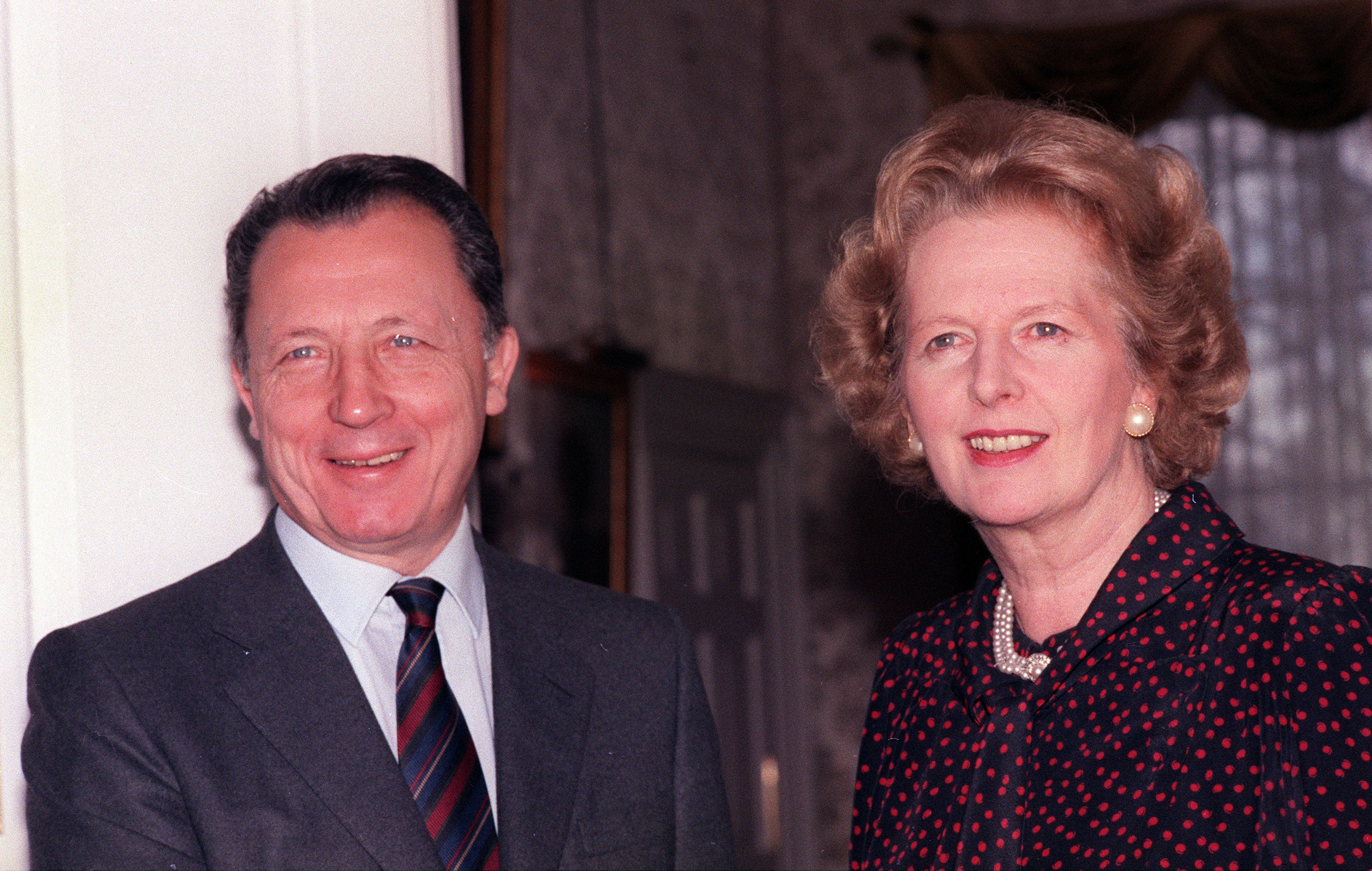Jacques Delors a fanatic federalist? Up yours…
The central architect of the EU, Delors was a brilliant statesman whose first-hand witnessing of the horrors of the Nazis in Europe led him to work, every day, to ensure the lessons of history were learned and never forgotten, remembers Alastair Campbell


In an era when we perhaps bemoan the lack of politicians with a big vision, and determination to match, sadly we have just lost one.
Jacques Delors, who died in his sleep two years short of reaching 100, was a man with a vision of a Europe that would never again be at war, never again be victim to the hard right, and who saw ever closer union between sovereign nations inside a growing and ever more influential and prosperous EU as the key to turning that into reality.
With a vicious war happening right now on the eastern edge of the EU, with populist and far-right parties on the rise in countries as varied as France and Germany, the Netherlands and even Sweden – and with the UK having entered and now left the EU as part of the populist wave – some might see his vision as having failed. They would be wrong.
The European Union has been a remarkable story of economic and political advance, and central to its progress has been the vision and drive of the man who acted as president of the European Commission from 1985 to 1995. The growth of the EU through the accession of new member states, the development of the single market based on free movement of capital, people, goods and services, the Delors committee report which led to the creation of the single currency, the EU emerging as a voice to be listened to on security and geopolitics… he was at the heart of all of them.
In the initial reports of his death, even the BBC at one point called him a “fanatic federalist”. This was the cliche of the “Up Yours Delors” headline in The Sun, one of a group of papers which spent years seeking to demonise him and misrepresent what he stood for.
Delors was not a fanatic anything. He was someone whose first-hand witnessing of the horrors of the Nazis in Europe led him to work, every day, to ensure the lessons of history were learned and never forgotten.
He was no less French for being a committed European. Indeed, in his tribute last night European Council president Charles Michel called him “a great Frenchman and a great European”. Note the order.
It was not a lack of commitment to the land of his birth which led to him resisting the pressures to stand as presidential candidate after he had left the Commission, so much as a well-placed worry the socialists would lose to Jacques Chirac, and a sense that he perhaps had more to give elsewhere. His work chairing a Unesco project on the future of education – a lifelong passion – could be placed in that context; see also his launching the Erasmus programme for student exchanges.
Inevitably in the UK, that Sun headline and Margaret Thatcher’s famous “no, no, no” riposte to some of his more integrationist plans shaped the British understanding of him, as he morphed from dry technocrat to power-crazed socialist bogeyman. It was a caricature of a man whose positions were far more subtle than that. Indeed, when he began his rise through French politics, he somewhat enjoyed the fact that he was criticised by the socialist left for being too right-wing, and by the Gaullist right for being too left-wing.
Yes, he opposed the extreme neoliberalism of Thatcher and Ronald Reagan. But where he differed from them was not in ridding the world of capitalism, but in ensuring the social dimension was embedded within it. He believed in the rich helping the poor. But he believed in the market having a role in making people prosperous. He believed in industrial strategy.
And though there was little love lost between him and Mrs Thatcher on the personal level, there was at least mutual respect between two people who saw power as there to be used for the good they believed in, however different those beliefs might be, and who never lost sight of the big picture they were seeking to draw over time.
The coming year will see more than two billion people in the democratic world go to the polls, including in Europe, the US and the UK. It will be one of the most politically consequential electoral years of all time. To those of a progressive bent, there is a wonderful piece of advice that Jacques Delors used to give to young people: “Don’t be a pessimist. Don’t be an optimist. Be an activist.”
All his life, Delors was an activist. He didn’t just talk. He did. And though some of the vision feels frayed amid the context of the current climate, its clarity is as powerful and necessary as ever.






Join our commenting forum
Join thought-provoking conversations, follow other Independent readers and see their replies
Comments